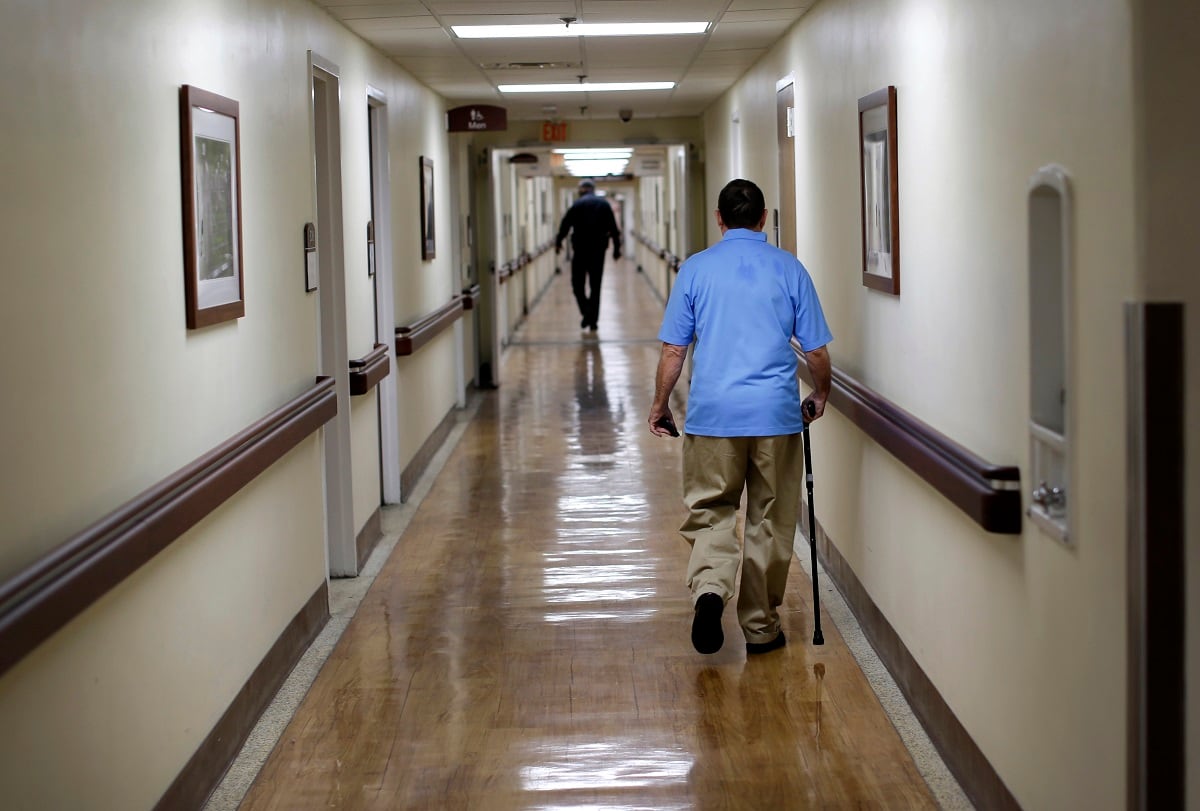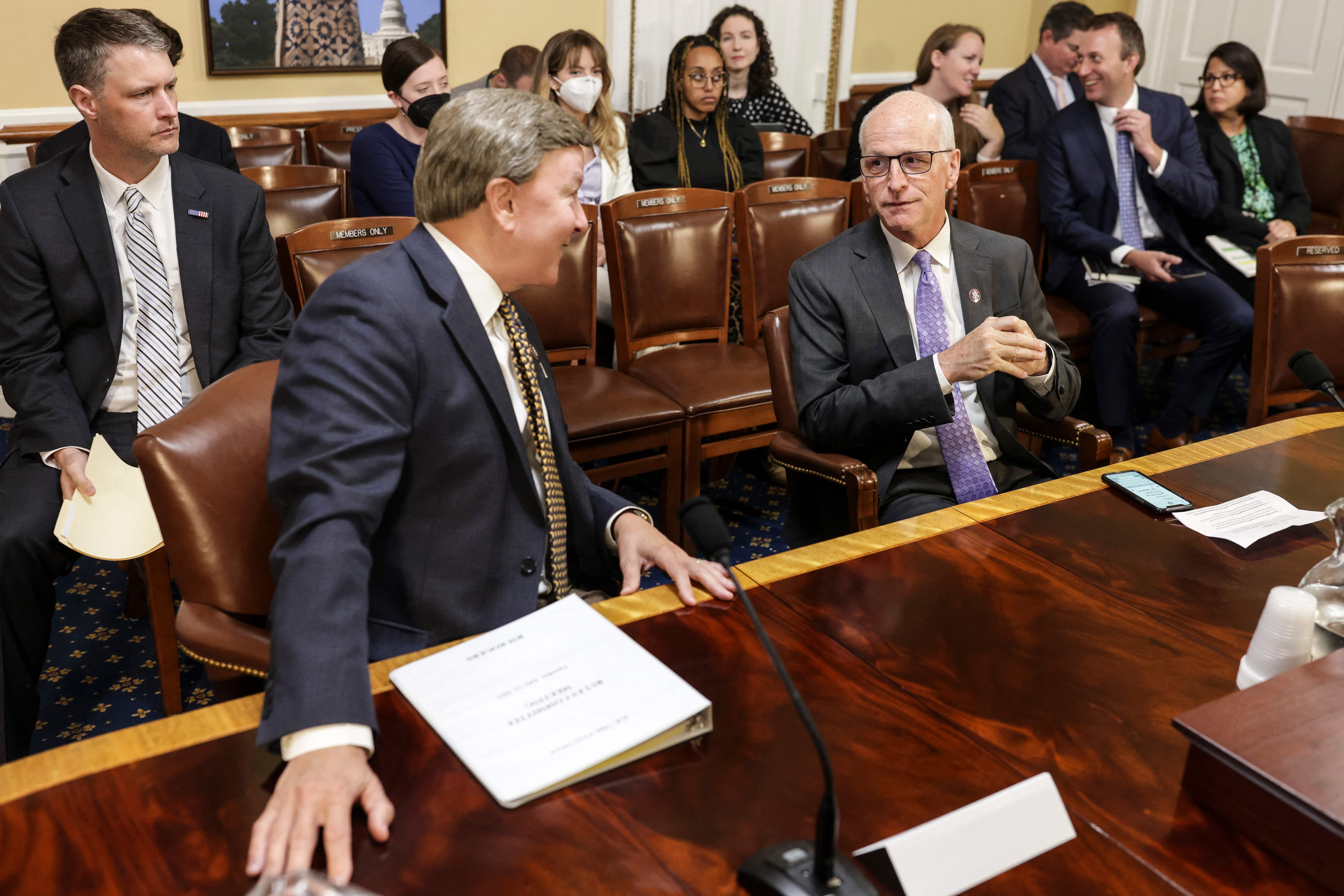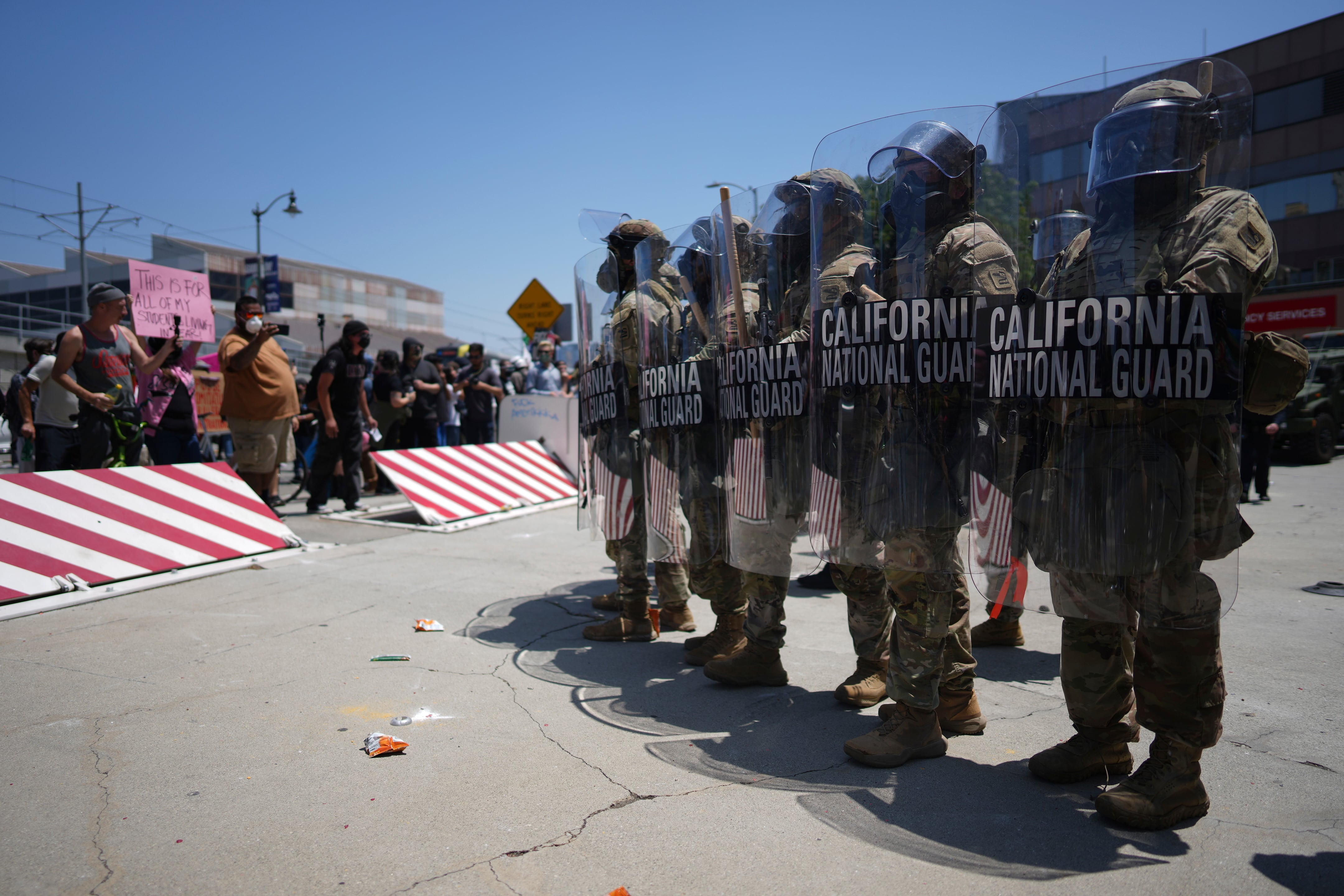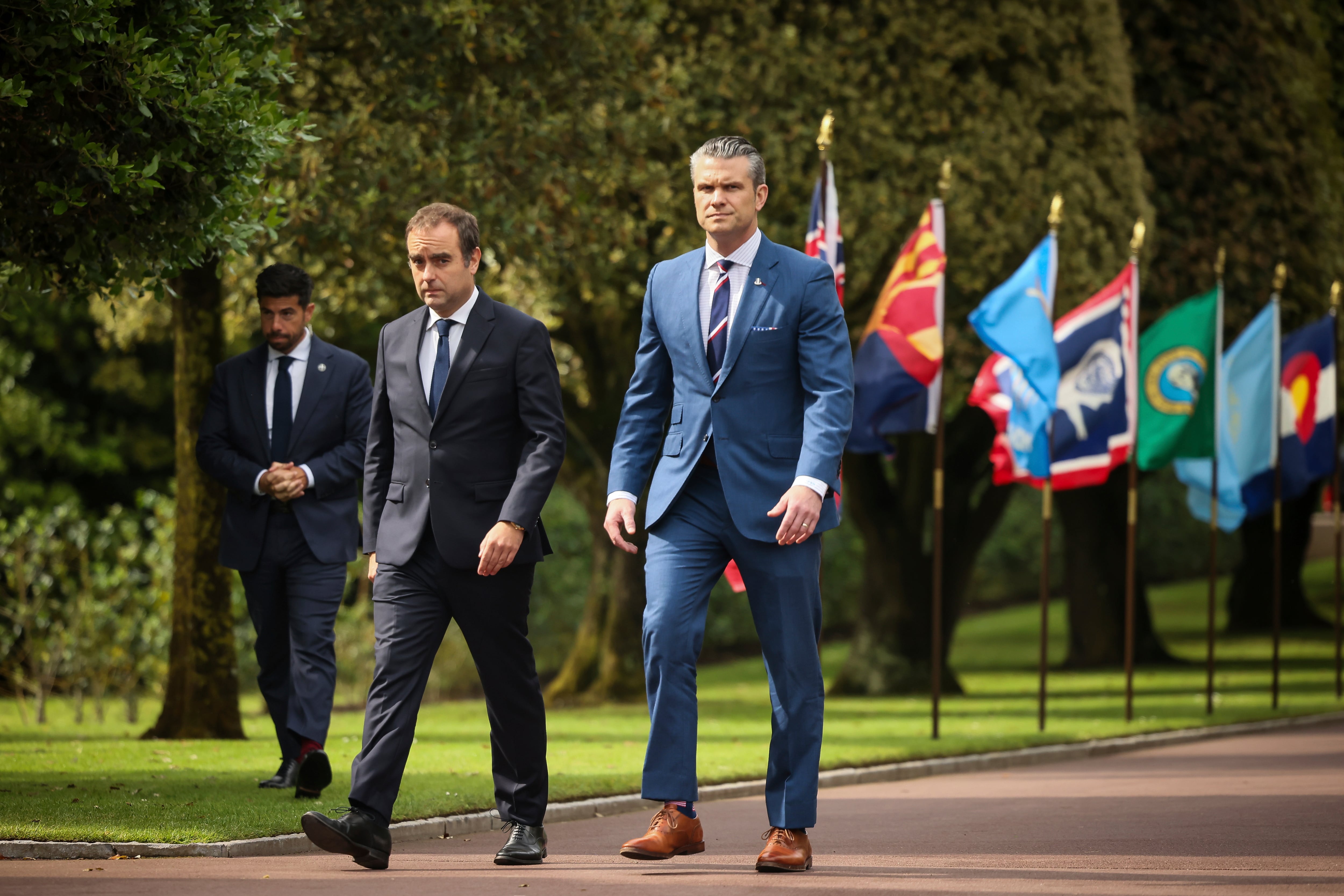Simmering tensions between House Democrats and Veterans Affairs leadership boiled over this week over accusations that the department still hasn’t fully addressed medical wait time problems that prompted a national scandal more than five years ago.
On social media Wednesday night, VA Secretary Robert Wilkie accused House Veterans’ Affairs Committee members of playing politics and “uncritically amplifying allegations for which they have no evidence.” Committee chairman Rep. Mark Takano, D-Calif., in response blasted those comments as the latest in a string of department officials trying to avoid oversight of serious department problems.
The terse Twitter war was the most outward sign of increased animosity between the Republican VA administration and Democratic-led committee, though both sides have been sniping at the other for months behind the scenes.
RELATED

Most of the committee’s work (and that of the Senate Veterans’ Affairs Committee) steers away from such fights, given the bipartisan nature of most veterans issues.
Similar tensions were commonplace five years ago when then Republican leadership of the House committee frequently attacked then-VA Secretary Bob McDonald over accountability and management issues in the wake of the VA wait time scandal. In recent years, the relationship between the executive branch agency and legislative branch panel has been significantly more cordial.
Now, revisiting that scandal from five years ago appears to have revived that conflict.
During a committee hearing earlier on Wednesday, Takano accused VA officials of not doing enough to respond to concerns about new secret wait lists at department facilities and ignoring whistleblower warnings on the issue.
“I am alarmed that too much of what (officials) observed five years ago still rings true today,” he said. “This is unacceptable. We simply cannot put veterans’ lives at risk while they wait for care.”
Debra Draper, director of the Government Accountability Office’s health care team, testified at the hearing that the department “has not sufficiently addressed the reliability of its wait-time data” in recent years.
She said in some cases, VA officials took three months to enroll veterans in health care benefits but did not count that delay as part of their wait for getting medical appointments. Those “start date” problems have gone unchanged for more than six years, based on GAO research.
RELATED
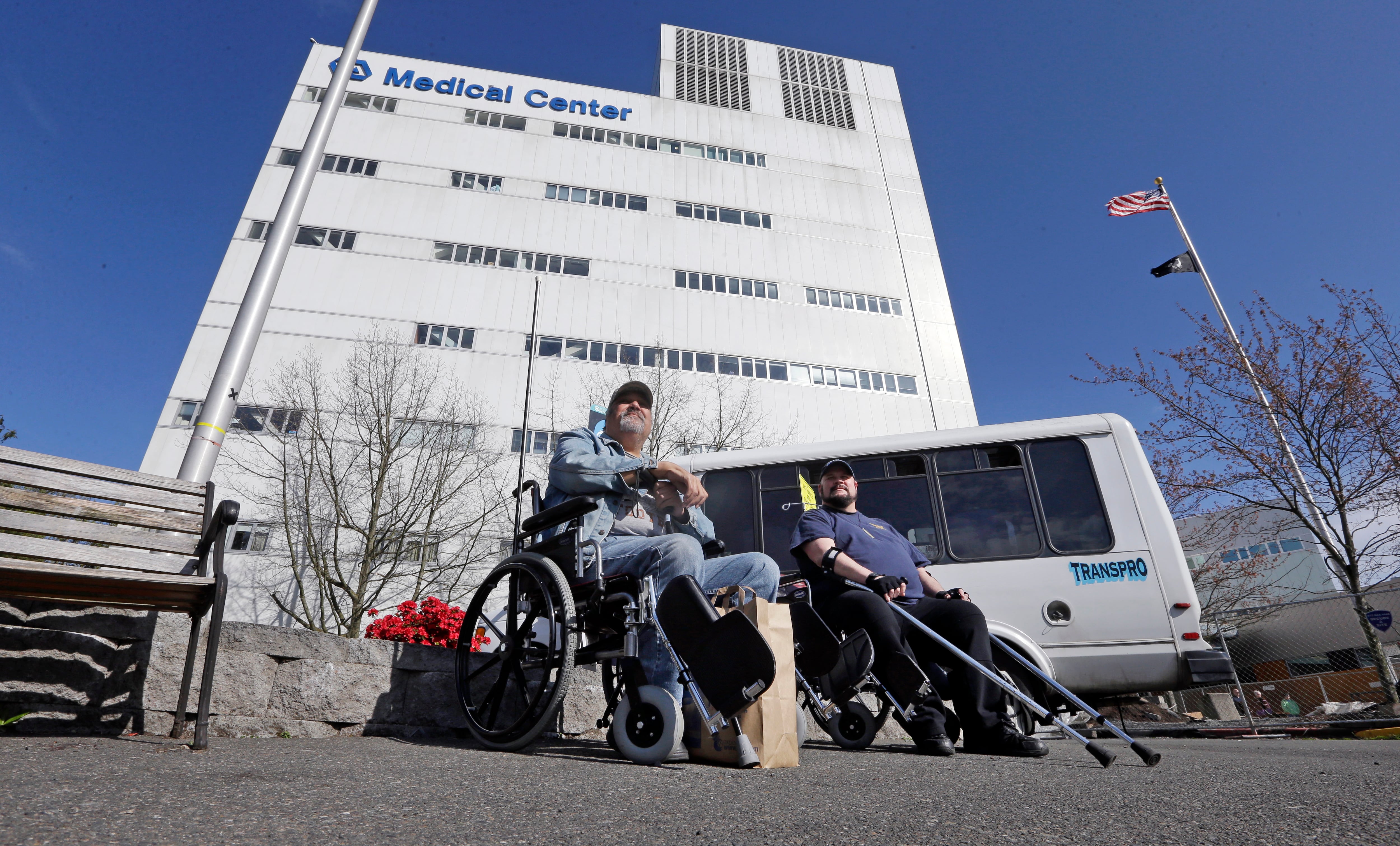
But VA officials insist the department has made impressive improvements since the 2014 wait times scandal, when high-level hospital administrators were found to have covered up lengthy delays in medical care to preserve personal bonuses.
Teresa Boyd, VA’s assistant deputy under secretary for health, said the department has operated with “renewed focus, unprecedented transparency and increased accountability” in recent years. She cited shorter wait times at VA hospitals and increased medical appointments across the Veterans Health Administration as proof of change.
As he has in the past, Wilkie countered the charges by referencing a Journal of American Medical Association report from earlier this year which found VA wait times are better than the private sector in primary care, and a Dartmouth College study which found VA hospitals outperform private hospitals in most health care markets.
He said there is “no evidence” to support the committee charges of continued problems.
The fight comes about two weeks after Democrats and Republicans on the panel sparred in a legislative mark-up over GOP amendments that were ruled out of order by Takano, prompting accusations from both sides of politicizing routine committee work.
VA officials have also bristled over committee Democrats’ requests related to implementation of new community care rules, accusing them of inflating minor problems into political talking points.
Committee leaders for their part have repeatedly complained that the department has been slow to provide information on internal department operations (in particular, items related to the influence of outside acquaintances of the president on policy decisions) and hostile in routine oversight work. Department officials have denied those charges.
RELATED

Takano and other Democrats in recent days have also taken aim at VA for being “completely ill prepared” for future natural disasters in Puerto Rico, two years after a hurricane wiped out much of the island’s infrastructure. Part of that problem, the chairman charged, is a lack of preparation and focus from VA leadership.
Despite the turmoil, the committee has advanced 24 pieces of legislation this year, making it one of the more productive panels in terms of legislative activity.
Wilkie said that he “welcomes oversight and constructive criticism” of his department, but will continue to push back on false claims of problems at VA. Takano on Wednesday vowed that his committee “will not allow our veterans to be harmed by the same deceptive practices” that have led to past problems.
Leo covers Congress, Veterans Affairs and the White House for Military Times. He has covered Washington, D.C. since 2004, focusing on military personnel and veterans policies. His work has earned numerous honors, including a 2009 Polk award, a 2010 National Headliner Award, the IAVA Leadership in Journalism award and the VFW News Media award.
